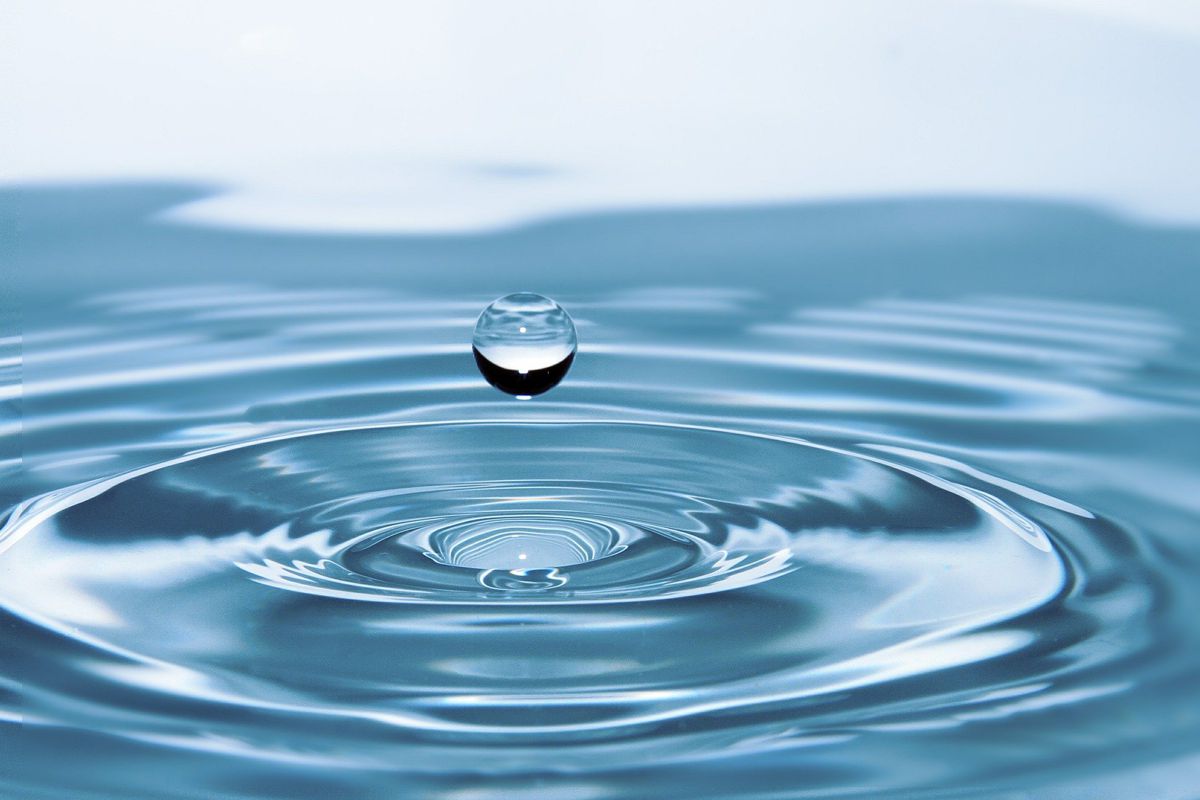Acoustic waves may be able to filter microplastic from polluted water
Microplastics are released into the environment by cosmetics, clothing, and industrial processes or from larger plastic products as they break down naturally.
The pollutants eventually find their way into rivers and oceans, posing problems for marine life. Filtering and removing the small particles from water is a difficult task, but acoustic waves may provide a solution.
Dhany Arifianto, of the Institut Teknologi Sepuluh Nopember in Surabaya, Indonesia, will discuss a filtration prototype in his presentation, “Using bulk acoustic waves for filtering microplastic on polluted water,” on Monday, Nov. 29 at 6:10 p.m. Eastern U.S. at the Hyatt Regency Seattle. The presentation is part of the 181st Meeting of the Acoustical Society of America, taking place Nov. 29 to Dec. 3.
Arifianto and his team used two speakers to create acoustic waves. The force produced by the waves separates the microplastics from the water by creating pressure on a tube of inflowing water. As the tube splits into three channels, the microplastic particles are pressed toward the centre as the clean water flows toward the two outer channels.
The prototype device cleaned 150 litres per hour of polluted water and was tested with three different microplastics. Each plastic was filtered with a different efficiency, but all were above 56% efficient in pure water and 58% efficient in seawater. Acoustic frequency, speaker-to-pipe distance, and density of the water all affected the amount of force generated and therefore the efficiency.
The acoustic waves may impact marine life if the wave frequency is in the audible range. The group is currently studying this potential issue.
“We believe further development is necessary to improve the cleaning rate, the efficiency, and particularly the safety of marine life,” said Arifianto.





























